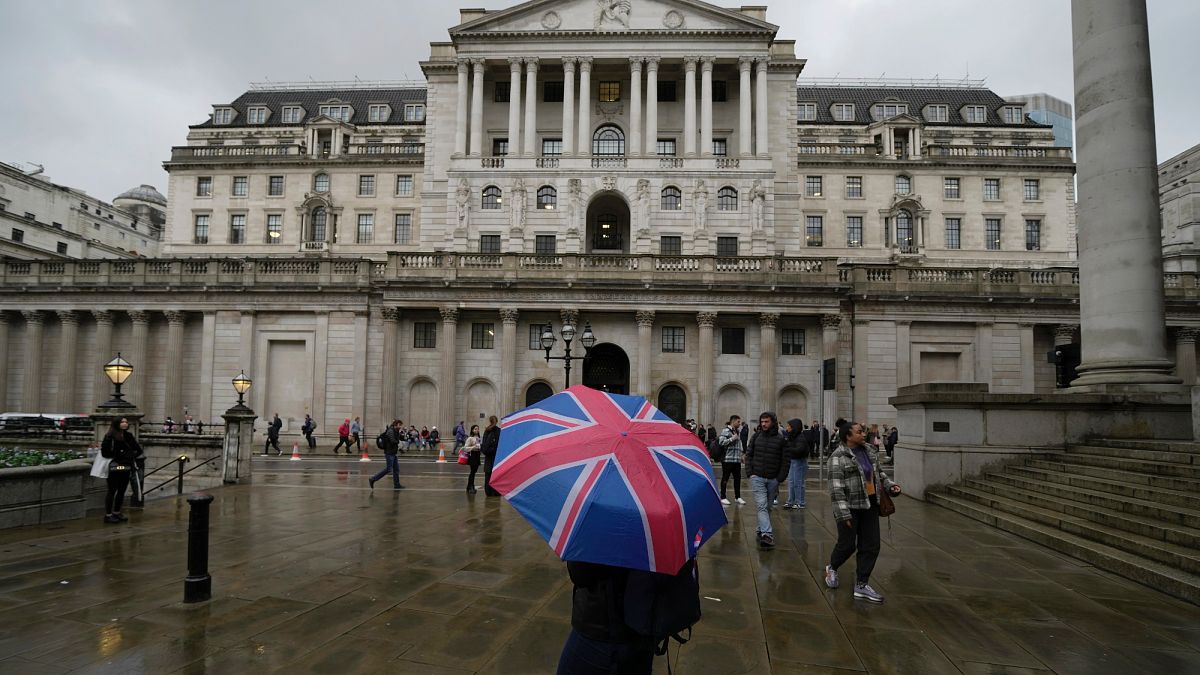

In the midst of a global landscape full of economic fluctuations and significant policy shifts, the latest developments present a tapestry of challenges and potential opportunities. With a calm and informed approach, we delve into these matters to provide a clearer picture of the current situation.
The UK economy has experienced a contraction in May, contrary to the modest expansion initially anticipated. Expectations were set for a 0.1% growth, yet various factors, including tariffs and tax increases, have continued to exert pressure on economic performance. This contraction comes despite ongoing governmental initiatives aimed at promoting economic growth. The UK government remains steadfast in its efforts to revitalize the economy, seeking strategies to counterbalance these challenges and stimulate positive growth in future months.
In a strategic turn of events, the European Union recently decided to suspend its plans for digital taxes, a move that marks a diplomatic win for the U.S., possibly favoring future trade negotiations. This decision comes shortly after proposals were set forth, reflecting the EU’s intent to foster more amicable trade relations with the United States. The shelving of the digital tax plan aims to pave the way for mutually beneficial agreements that could enhance economic interactions between the two economic powerhouses.
Amidst these economic discussions, former U.S. President Donald Trump’s presidential influence continues to play a prominent role in global policies. An investigation has unveiled that some of the world’s least developed nations, including Somalia, the Democratic Republic of Congo, and Yemen, have engaged lobbyists linked to Trump. These countries have sought such alliances as a way to negotiate mineral resources in exchange for financial aid or military support, against the backdrop of reduced U.S. foreign aid. This complex web of agreements highlights the intricate balance between development needs and geopolitical strategies.
Additionally, recent developments have highlighted Trump’s imposition of a 50% tariff on Brazilian products entering the United States. The announcement, linked to political occurrences involving former Brazilian President Jair Bolsonaro, forms part of a broader strategy affecting several other countries, where tariffs are set to be implemented starting 1 August. While these actions are characterized as part of a broader trade strategy, they pose potentials to affect inflationary pressures internally.
Turning to military aid, Trump signaled a change in his administration’s policy regarding Ukraine, hinting at a significant announcement about resuming weapon shipments to Ukraine, facilitated through NATO allies. This potential move underscores the dynamic and evolving nature of international relations, juxtaposed with Trump’s previously halted arms shipments attributed to diminishing stockpiles. The forthcoming announcements hold implications for ongoing tensions and developments in the Ukraine conflict.
Together, these myriad shifts in economic and political arenas reflect a broader context that demands both careful consideration and nuanced understanding. As global leaders navigate these waters, the emphasis remains on diplomacy, resilient economic strategies, and fostering cooperative relations to mitigate challenges and seize opportunities for all involved.
Source: {link}
